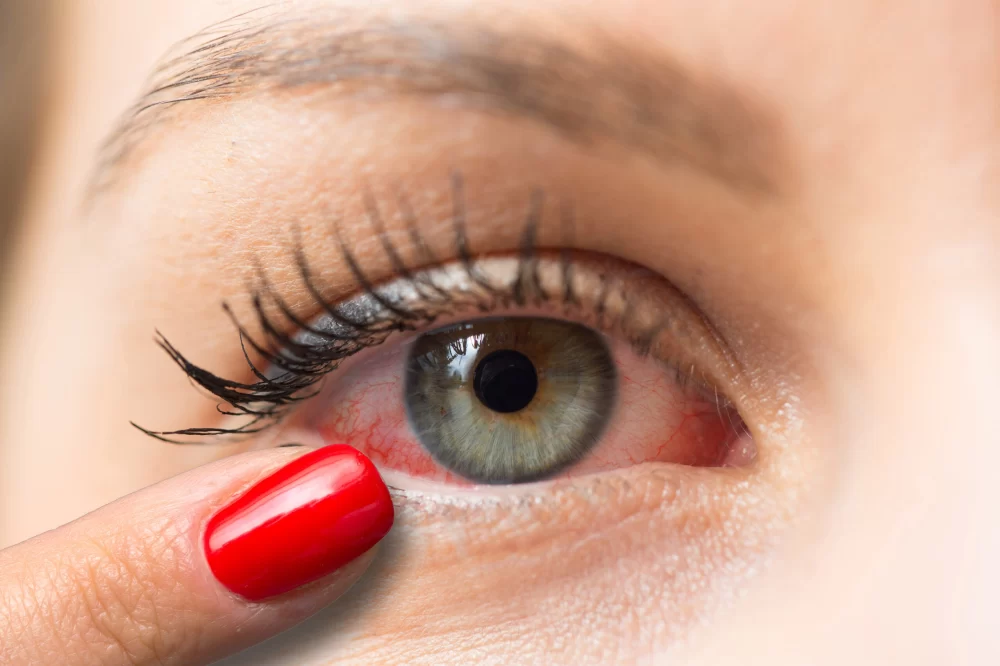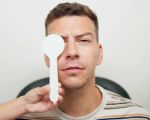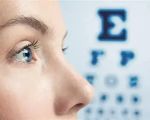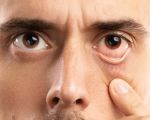
- Understanding Eye Injury and Its Impact
- Immediate Steps to Take After Eye Injury
- Detailed Care for Eye Injury Recovery
- Preventing Future Eye Injuries
- When to See a Professional
1. Understanding Eye Injury and Its Impact
Eye injuries can range from minor irritations to severe trauma that threatens vision. Recognizing the type and extent of the injury is crucial in learning how to care for eyes after eye injury properly. Injuries can be caused by foreign objects, chemical exposure, blunt force, or sharp trauma. Each requires different levels of attention and care.
For example, a small scratch on the cornea may cause pain and redness but usually heals with minimal intervention, while a penetrating injury could lead to permanent damage if not treated promptly. It’s important to observe symptoms such as persistent pain, vision changes, excessive tearing, or blood in the eye, which indicate the injury is more serious.
Real cases highlight the importance of timely care: a factory worker suffered a metal shard injury but delayed seeking care, resulting in infection and prolonged recovery. This underscores the need for proper immediate actions and professional evaluation.
2. Immediate Steps to Take After Eye Injury
2.1 Assess the Situation Calmly
In the moments following an eye injury, it is critical to remain calm and avoid rubbing the eye, which can worsen the damage. If a foreign object is visible and easily removable, carefully rinsing the eye with clean water or saline can help. However, do not attempt to remove embedded objects or apply pressure.
2.2 Protect the Eye
Cover the injured eye with a clean, sterile cloth or eye shield to prevent further harm and avoid unnecessary movement. This protective step can reduce pain and stop contaminants from entering the eye.
2.3 Seek Urgent Medical Advice
If there is severe pain, vision loss, bleeding, or chemical exposure, immediate professional care is essential. Prompt treatment can prevent complications such as infections or permanent vision impairment.
3. Detailed Care for Eye Injury Recovery
3.1 Follow Medical Instructions Closely
Proper recovery hinges on adhering to prescribed treatment, which may include antibiotic eye drops, anti-inflammatory medications, or ointments. Avoid self-medicating or using over-the-counter drops without advice, as inappropriate use can delay healing.
3.2 Maintain Eye Hygiene and Rest
Keeping the eye clean and avoiding irritants such as dust, smoke, or strong light supports healing. Limiting screen time and bright environments helps reduce strain during recovery. Sleep and rest also play vital roles in the repair process.
3.3 Monitor Symptoms and Healing Progress
Track symptoms carefully: gradual improvement in pain, redness, and vision indicates healing, but worsening or new symptoms like discharge, severe pain, or blurred vision require reevaluation. Consistent follow-ups with an eye specialist ensure that complications are caught early.
At Eye Docs, you can find expert guidance and suitable products such as protective eyewear, soothing eye drops, and recovery aids tailored to support your healing journey effectively.
4. Preventing Future Eye Injuries
4.1 Use Protective Gear
Prevention is always better than cure. Wearing appropriate safety goggles or shields when engaging in activities such as construction, sports, or handling chemicals significantly reduces the risk of eye injuries.
4.2 Create Safe Environments
At home or work, keeping areas free of hazards like sharp objects or loose debris, and educating others about eye safety can minimize accidents. Proper lighting and ergonomics also help prevent strain-related injuries.
4.3 Regular Eye Check-ups
Routine eye examinations can detect early signs of problems and ensure your eyes remain healthy, especially if you have a history of injuries or eye conditions. Preventative care is a crucial aspect of long-term eye health.
5. When to See a Professional
Understanding when professional care is needed is key to preserving vision. Immediate consultation is necessary if you experience:
- Severe or increasing pain after injury
- Vision changes such as blurriness, double vision, or loss of sight
- Persistent redness, swelling, or discharge
- Exposure to chemicals or heat
- Any object embedded in the eye
At Eye Docs, professional evaluations ensure personalized treatment plans and access to specialized products and services tailored to your specific needs.
Taking care of your eyes after an injury is vital to ensure the best possible recovery. Combining immediate care with ongoing treatment and prevention strategies will help protect your vision for years to come.








